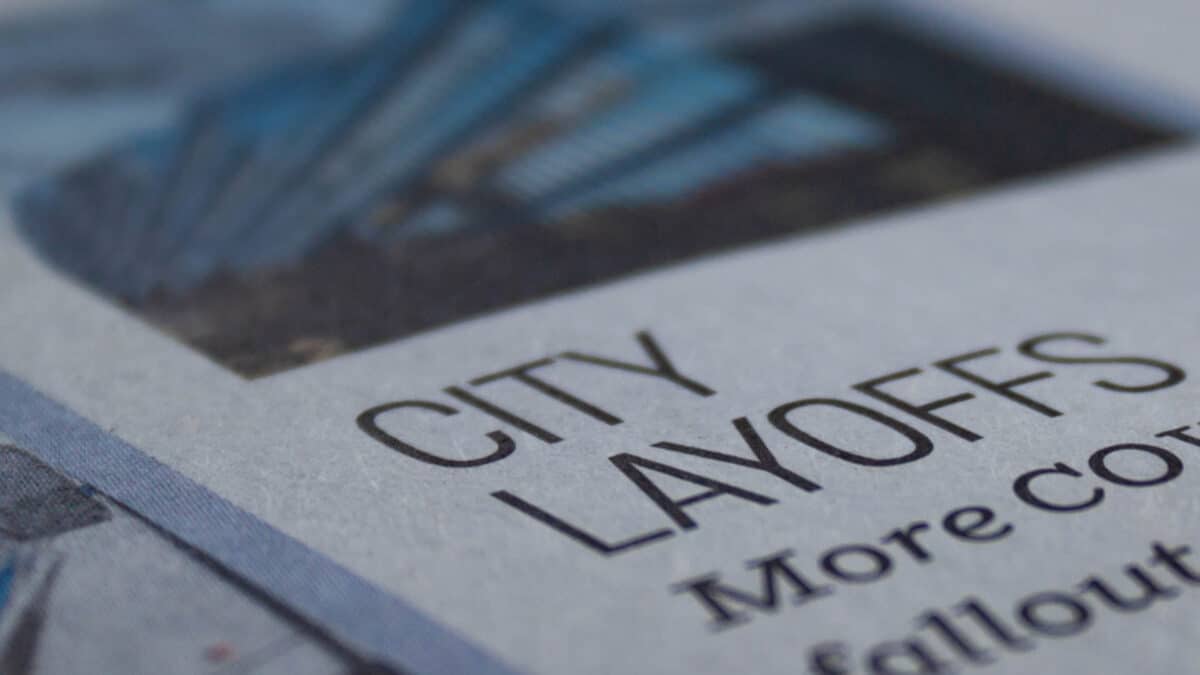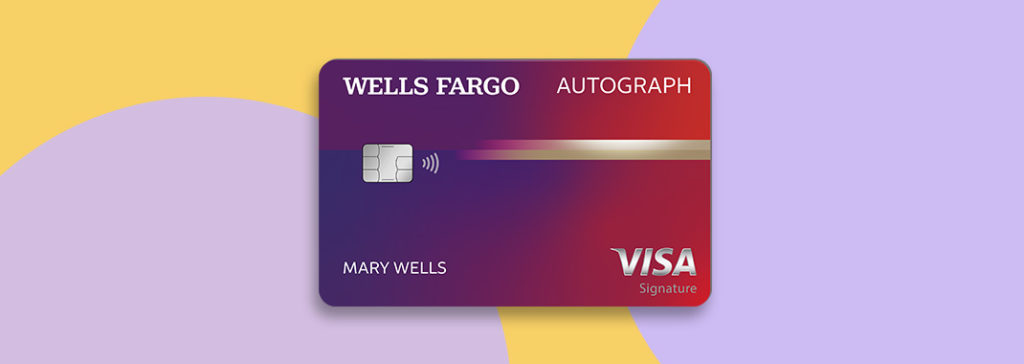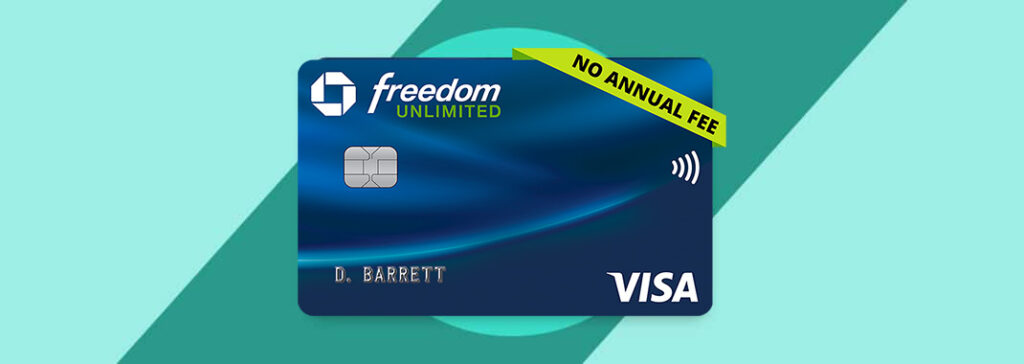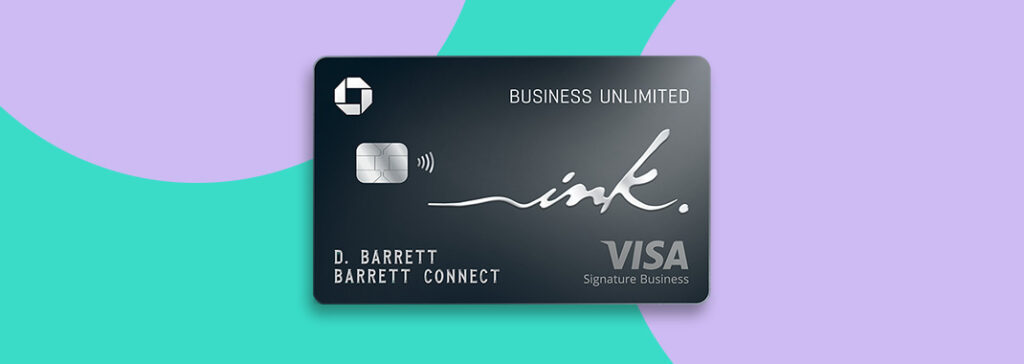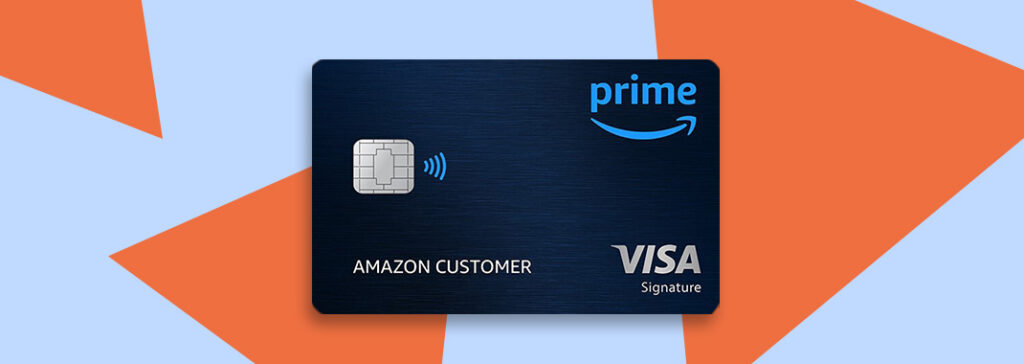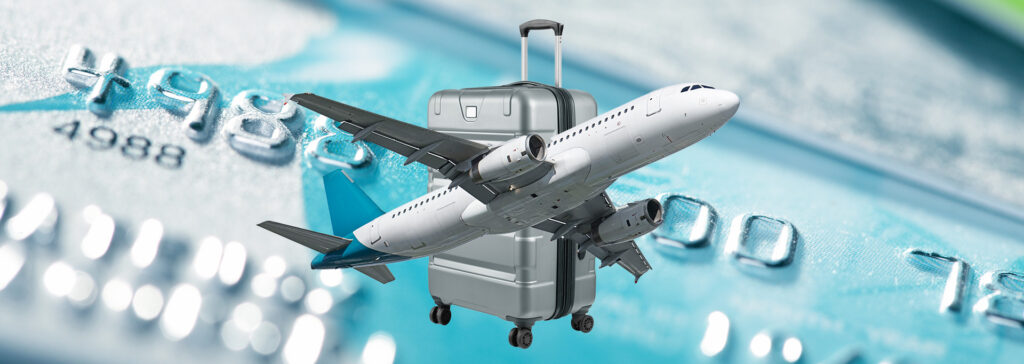Most products on this page are from partners who may compensate us. This may influence which products we write about and where and how they appear on the page. However, opinions expressed here are the author's alone, not those of any bank, credit card issuer, airline or hotel chain. Non-Monetized. The information related to Chase credit cards was collected by Slickdeals and has not been reviewed or provided by the issuer of these products. Product details may vary. Please see issuer website for current information. Slickdeals does not receive commission for these products/cards.
Emergency funds
What Financial Situations Do Emergency Funds Cover?
Situations that would be considered emergencies include:
- J
ob loss - Decreased i
ncome Emergency medical expenses Urgent home repairs Emergency car repairs Essential travel Emergency pet care
Whether facing a specific hardship or a financial situation change over time, there are often
When Is It Time to Use Your Emergency Fund?
Below are five signs it's time to dip into
1. Your Income No Longer Covers the Bills
J
You can
Consider your situation and whether it will
2. You've Already Cut Out Nonessential Spending
Look over your expenses and spending to ensure you've
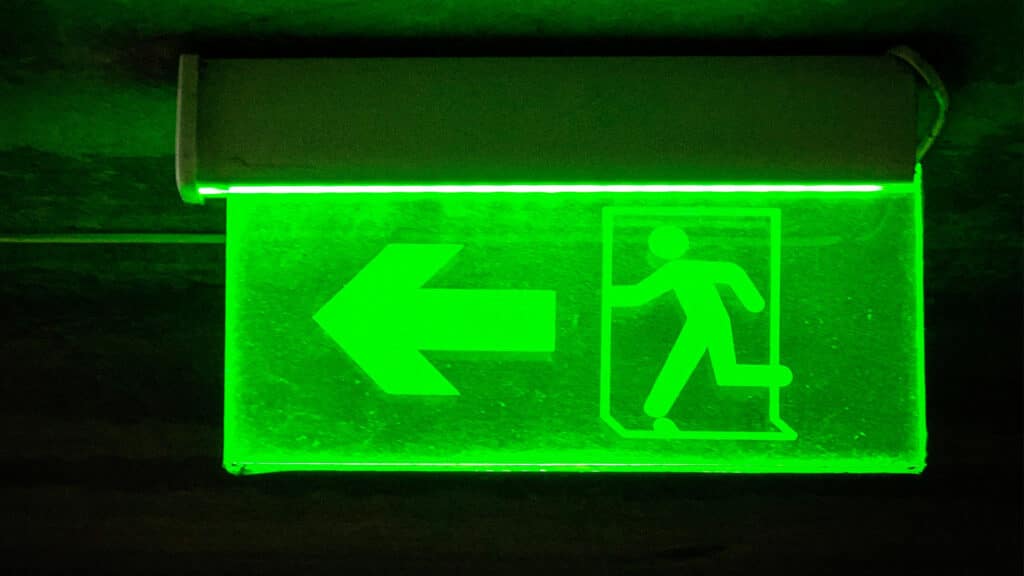
Should You Keep Your Emergency Fund in a Separate Bank Account?
3. You Need to Defer Bill Payments
Consider tapping into emergency funds if you're getting
Through the pandemic, many companies
If you're still struggling after getting adjustments to your payments, use your emergency fund.
4. You Have Urgent or Unexpected Needs
Emergencies are a part of life. It's not a matter of
Unexpected or urgent financial emergencies may include:
- An u
nplanned car repair that helps yo u avoid missing work A life-saving emergency surgery An emergency home repair to keep your family safe and avoid further damage - Paying off a bill to a
void having your powe r or water turned off
Even careful planning can leave
5. You Have Serious Medical Needs
If you have serious medical needs that require ongoing care and treatment, you may need to use
Some healthcare providers will work
When Not to Use Your Emergency Fund
There's a difference between a financial emergency and
The following expenses aren't considered emergencies and shouldn't rely on emergency funds to cover:
- Back-to-sch
ool shopping or big sales - Birthday
presents - Cosmetic
medical procedures - Down
payment on a house Holiday giftsIncome taxes- Mobile
phone upgrades Property taxesRetirement Starting a business
Consider whether your financial need is for survival or if it's something you can
Stretching Your Emergency Fund
Even when facing a dire financial crisis, there are often ways to
Apply for Unemployment
If you or your spouse loses their job, apply for unempl
Talk to Creditors
Lenders and creditors may offer
Tap Into Community Resources
Look for local
Work a Second Job Part-Time
Consider getting a part-time job
Replenishing Your Emergency Fund
Only use your emergency fund when necessary and
After you've recovered from hardship, work to
Assess Your Fund
After using your fund, gauge whether you had
Automate Savings
Your emergency fund will only grow if you make it happen. One of the
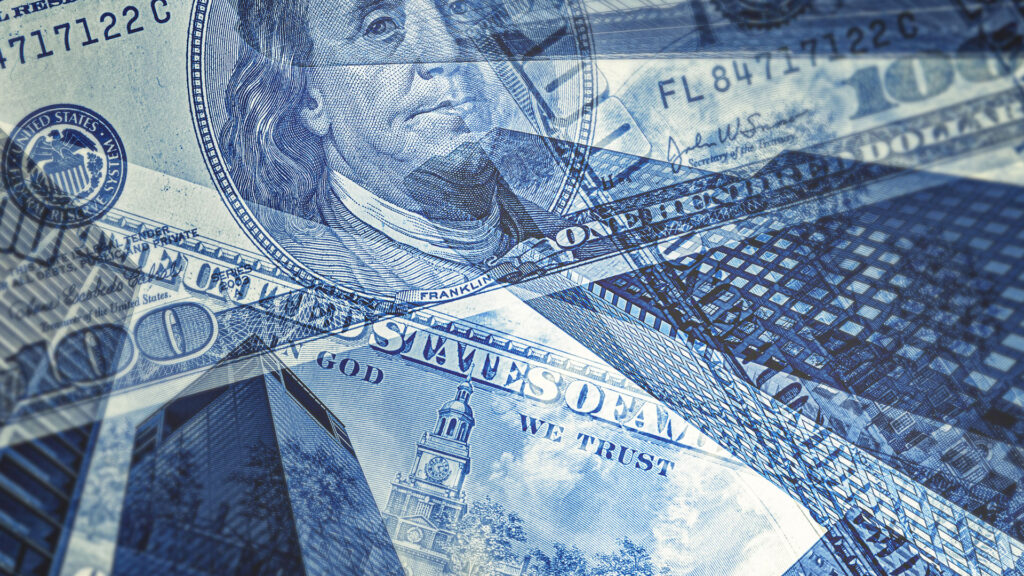 Related Article
Related Article


